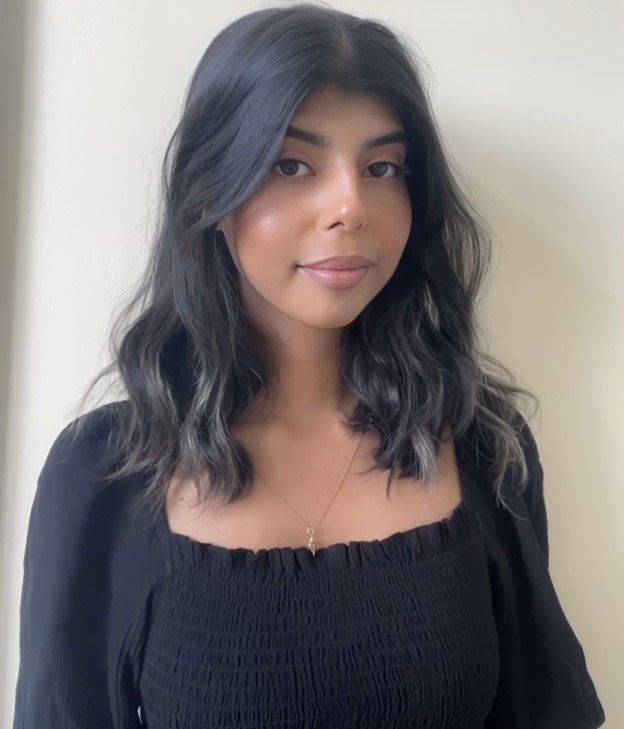Interview with Carling "Sid" Kirby
- Apr 1, 2023
- 3 min read
Updated: Apr 25, 2023

Khayrun Gure: What authors did you dislike at first but grew into?
Carling Kirby: More often than not, I would say the opposite is true for me. I grew up idolizing certain authors and became a lot more critical of them as I got older, even if there are aspects of their work that I still enjoyed or respected. An example that comes to mind is Stephen King. While there’s no doubt he’s a legend within the horror and literature industry, that doesn’t erase the fact he has said and written things that are ignorant at best and hurtful at worst, especially when it comes to representing groups that he is not a part of. In other words, I've experienced a lot more growing out of certain authors than growing into them.
KG: Where did your idea come from? What was your inspiration when writing your novel?
CK: I’m a big fan of the urban fantasy sub-genre, wherein the fantastical elements are portrayed in a modern-day setting – usually a city. I grew up a pretty lonely, shut-in kid, so the idea of something outrageous happening to shake up my world appealed to me early on. I’m fascinated by the idea of completely ordinary people getting caught up in something they can’t explain away with logic or science because, realistically, how would one wrap their head around that? How would they cope?
I’m also a huge fan of complicated main characters – people you don’t always like or agree with, who don’t make the best decisions morally, but you still find yourself caring about them at the end of the day. That’s the kind of energy I channel when writing Jason, who was born into the corrupt world of money and politics. He’s not the nicest or the most selfless individual, but look at where he came from! He could be doing so much worse, and treating people so much worse, so the fact he’s trying at all is where I hope people will find at least some point of sympathy with him.
KG: Why do you think it is important to write in this genre?
CK: This is a tough question to answer because, as I mentioned before, writing fantasy comes from a very personal place for me – one that’s rooted in my childhood. I also think my version of fantasy can be quite morbid and dark at times, both because I like to explore semi-realistic consequences to things (for example, the effects that a monstrous or fantastical transformation would have on someone’s body in the long run) and because I’m such a horror fanatic. Fantasy, to me, is both a form of escapism and a sandbox where I can take real world concepts and explore them in grandiose ways. I suppose it can be seen as a form of catharsis, and given the state of the world we live in, we need that now more than ever.
KG: What’s your favourite under-appreciated novel?
CK: Pontypool Changes Everything by Tony Burgess. To me, this is THE deconstruction of the zombie sub-genre, and a completely unique one at that – a virus that’s spread through sound and language. Pontypool manages to be incredibly funny and incredibly disturbing at the same time, and if you know me at all, then you should know that that style of storytelling is my bread and butter. Burgess gets it. If you’re into absurdist horror at all, I cannot recommend this one enough.
KG: What did you struggle with when writing your piece?
CK: It was difficult trying to write a quality story and figuring out its sense of direction on top of a million other assignments I had to do. My brain was (and always is) in a dozen different places at all times and I was under intense pressure, which meant trying to focus on this one particular thing – and trying to turn it into something worthwhile – wasn’t easy. I have extremely high expectations of myself as a creative, and when I feel like I’m not meeting them, it can be pretty devastating. In the end, all I could do was my best in the circumstances I was dealing with at the time, and I’m hoping that paid off.


